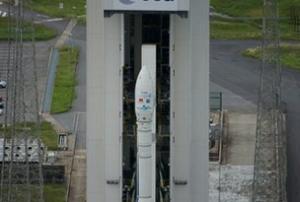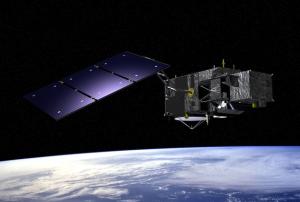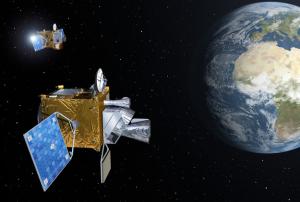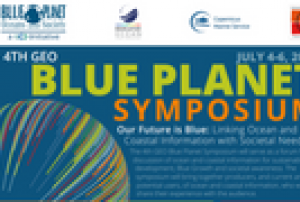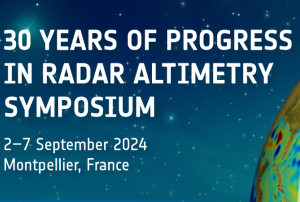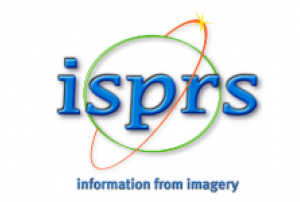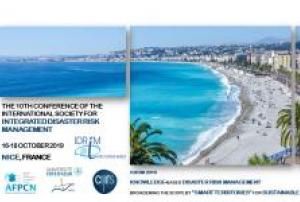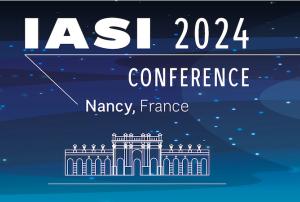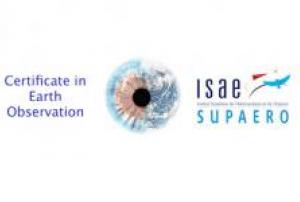Tomorrow, on Saturday, 4 May 2013 at 03:45 CEST, ESA will launch its new small satellite launcher, Vega, from the Kourou spaceport.
Vega is carrying Proba-V satellite, which will collect data from space on land cover and vegetation changes over the entire globe every couple of days. The two other satellites on board the rocket is an Earth Observation satellite for Vietnam (VNREDSat-1) as well as a nanosatellite build by students in Estonia. VNREDSat-1 is an optical satellite, capable of taking images of the Earth with a resolution of 2.5 metres, build by Astrium.
The launch of Vega tomorrow can be watched live on ESA's livestream. Streaming starts at 03.45 CEST (01:45 GMT) with liftoff scheduled for 04:06 CEST (02:06 GMT) on 4 May. After separation of Proba-V there will be a short break in transmission. Streaming will resume at 05.50 CEST (03:50 GMT), for the release of VNREDSat-1 and ESTCube-1.
